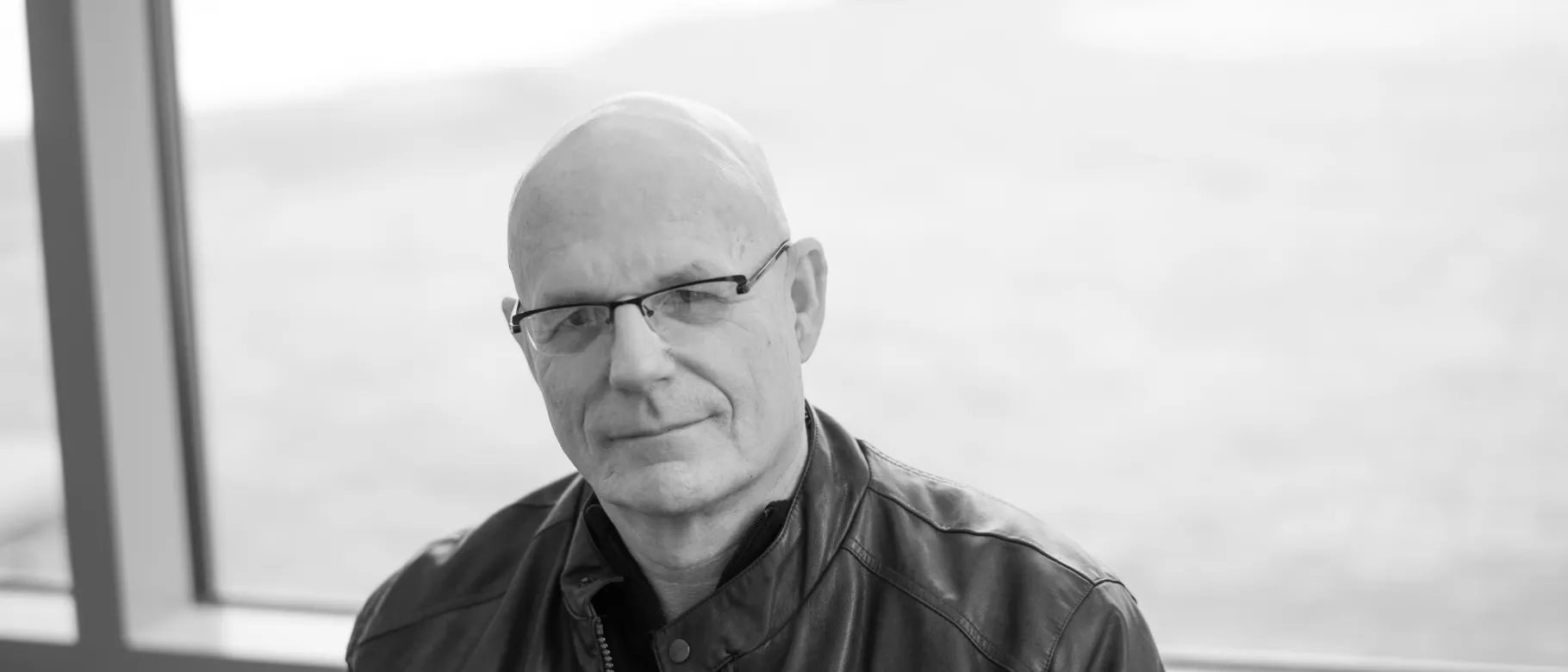David Livingstone Smith discusses dehumanization on Alaska Public Radio

The Rwandan genocide and the Holocaust are just a couple of examples of the human capacity to persecute others for being different than ourselves.
David Livingstone Smith, Ph.D., professor of philosophy, recently joined host Prentiss Pemberton on the Alaska Public Radio program "Line One" for a discussion about dehumanization and how we can each do our part to resist it.
“When I talk about dehumanization, when I use that term, I mean conceiving of other members of our species as subhuman creatures,” Smith told "Line One." “Our minds are configured to be very sensitive to our fellow human beings, but we're also really smart, and we recognize that doing harm to others can be advantageous to enslave them, and to seize their possessions and their living spaces. So over time, we have discovered ways of disabling the inhibitions we have against doing lethal harm to others.”
Smith says it is important for people to find ways to resist thinking that way and not to get sucked into following leaders who perpetrate dehumanization.
Smith is gearing up to release his eighth book, “On Inhumanity: Dehumanization and How to Resist It,” this summer. The book, composed of 26 short chapters, is about dehumanization and how to combat the phenomenon.
“On Inhumanity” is the follow-up to Smith’s 2011 book “Less Than Human: Why We Demean, Enslave, and Exterminate Others,” which won the 2012 Anisfield-Wolf Book Award for Nonfiction.